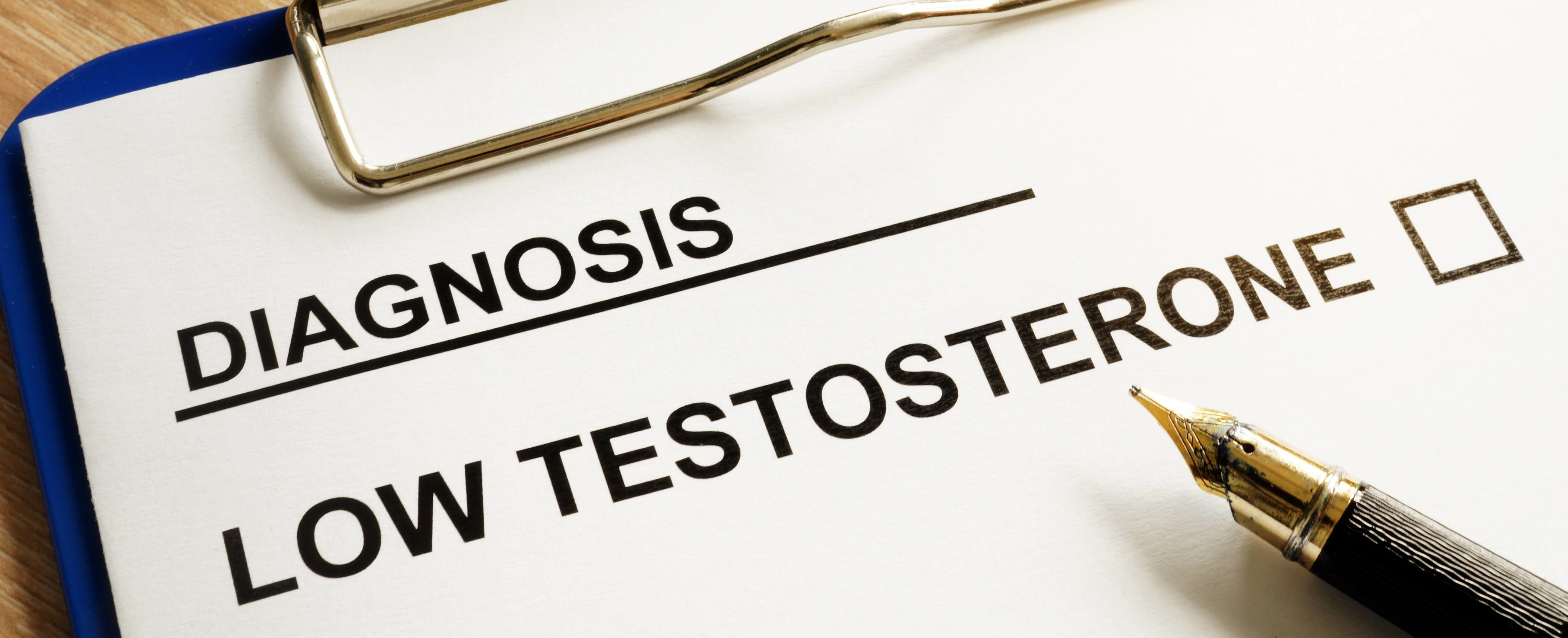This month’s episode of The Happy Menopause podcast focuses on libido, so Nutritional Therapist Jackie Lynch has given us the inside track on how diet can help revive a flagging sex drive!
At this time of year you can hardly move for red, heart-shaped products in the shops as the momentum builds for Valentine’s Day. However you view it, a chance for romance or a cynical commercial opportunity, that sea of red can be particularly grating if you’re struggling with menopausal low libido.
It’s all about the Hormones
The decline in oestrogen around the menopause is a crucial factor in most menopause symptoms, but low testosterone could actually be part of the picture here, because it’s not just a male hormone. Women don’t have as much of it as men, but it’s still a very important part of the mix and it plays a part in arousal, motivation, mood and energy, which are all key factors in a healthy libido. Levels start to decline earlier than oestrogen, and testosterone production in the ovaries has reduced by about 50% for most women by the mid-forties, so it’s hardly surprising that you might not be in the mood for any bedroom action.

Mother Nature’s Solution
Luckily for us, Mother Nature has something up her sleeve to sort out the balance of sex hormones for midlife and beyond. The adrenals, two small peanut-shaped glands that sit just above the kidneys, are programmed to produce small amounts of oestrogen and testosterone. However, the adrenal glands are also responsible for producing stress hormones – and let’s face it, there’s a lot going on in your 40s and 50s and most women are juggling a very busy work and family life, often with caring responsibilities too. If your adrenals are too busy producing a stress response, the sex hormones won’t even get a look in!
Regulating your stress levels is absolutely key to giving the adrenal glands a break, so they can get on with their other job of producing sex hormones and keeping everything in balance for you. Of course you may not be able to remove the stressful factors from your life quickly and easily, only you can know that. But you can make sure that your diet isn’t adding to your stress, and focus on food that helps to calm your nervous system and improves your resilience.
Watch your blood sugar!
Did you know that every time your blood sugar crashes, your body releases the stress hormones cortisol and adrenaline? Maintaining blood sugar balance is essential if you want to avoid overworking your adrenal glands. One way of doing this is to ensure that you eat protein as part of every meal and snack, because this will help to slow down the release of glucose into the blood, keeping you going for longer. Good sources of protein include meat, fish, eggs, lentils, chick peas, beans, quinoa, nuts and seeds.
It’s also important to focus on high-fibre foods like vegetables, wholemeal bread and brown rice or other wholegrains. The body will break these down more slowly than sugary foods or refined carbohydrate which will disrupt your blood sugar levels and lead to a crash. This combination of protein and complex carbohydrate can also help to stimulate the production of neurotransmitters dopamine and serotonin, which activate the reward receptors in the brain, boosting mood and helping to improve sexual motivation.
Vegetables are vital
In parallel to this, however many vegetables you’re eating every day, double it! They’re a great source of vitamin C, B vitamins and magnesium, which all play a hugely important role in supporting adrenal function, calming the nervous system and regulating the body’s response to stress. This will help you feel more resilient and your body can focus on the right hormone balance, which will be good news for your libido.
Getting these basics right might help your libido in other ways too: foods that are high in protein are also good sources of iron, which can make a big difference if fatigue is part of the issue; wholegrain foods like brown rice are packed with stress-busting magnesium; limiting your intake of refined carbohydrate could help reduce symptoms of bloating, which can be a real passion-killer; and avoiding too much sugar is a smart move, because it can disrupt neurotransmitter balance which may lead to symptoms of low mood or anxiety.
Be good to yourself in the run up to Valentine’s Day. It could give your love life just the boost it needs!
Jackie Lynch, WellWellWell, and The Happy Menopause










